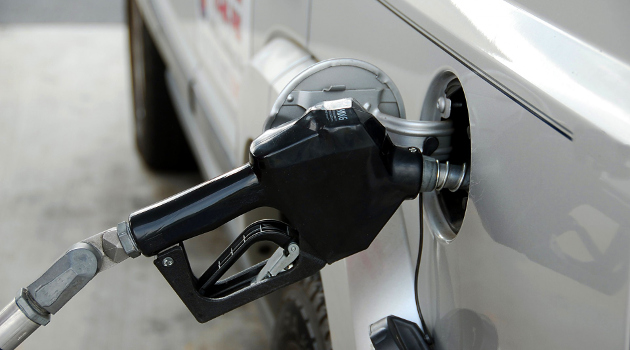This article originally appeared on The Daily Caller on November 7, 2016.
In addition to choosing between presidential candidates, voters in the state of Washington will be asked on November 8th to decide whether to enact a one-of-a-kind ballot proposal to impose a tax on carbon emissions. How they decide could influence similar attempts across the nation. Those concerned about the environment probably look favorably upon the initiative, but closer scrutiny suggests it should be rejected.
Initiative 732 would impose a new tax on greenhouse gas emissions that would then steadily increase over the coming decades. The goal is to reduce carbon emissions by raising the cost of fossil fuels. Economically the logic is sound—when you tax something you get less of it—but in practice the proposal suffers from significant flaws.
The biggest problem with the proposal is that it does practically nothing to address the issue for which it is supposed to help solve. If the state of Washington eliminated its greenhouse gas emissions in their entirety—an unrealistic and undesirable goal—the impact on average temperatures by 2100, according to the EPA’s own climate models, would by a reduction of a minuscule twenty-five one-hundred-thousandths of a degree.
This helps explain why a number of environmental groups haven’t warmed to the proposal. They don’t think the proposal grows government enough since it is revenue neutral, and have thus seemingly put ideology above environmental stewardship. Unless, of course, they recognize that there’s little real environmental impact to begin with. In which case, they surmise, why not just stand on ideological purity?
Although the environmentalist groups dislike the fact that the new tax aims to be revenue neutral—funds raised would be offset through tax credits and reductions in the state sales tax—that’s actually a potential positive. Generally speaking, laying taxes on activities you want to reduce, like carbon emissions in this case, is better than doing so on productive activities. After all, when you tax something, you will get less of it.
So shifting taxes from productive economic activities to those deemed to be destructive should be a benefit. Unfortunately, that benefit is illusory in this case.
All historical evidence suggests that politicians cannot be trusted to fulfill the promise of offsetting the revenue collected from a new tax. They may promise lower sales taxes in this case, but so long as the old tax still exists or can be easily reinstated, then the most likely outcome is that it will be raised back up to its original levels at the first opportunity. Washington residents will simply be stuck with even more taxes and no environmental gains to show for it.
Keep in mind, the new carbon tax would be placed on top of existing federal and state gas taxes. These already roughly add the estimated environmental impact of greenhouse emissions to the price of fuel, the ostensible economic rationale for the carbon tax. Adding yet more costs would therefore not better align incentives to match environmental reality, but create a new distortion while punishing those unable to afford alternatives. Washington is already emitting less carbon than in the past despite having a bigger economy. Rejecting the addition of a new market distortion at the ballot box will provide the best chance for the continued innovation needed to ensure that trend continues.

